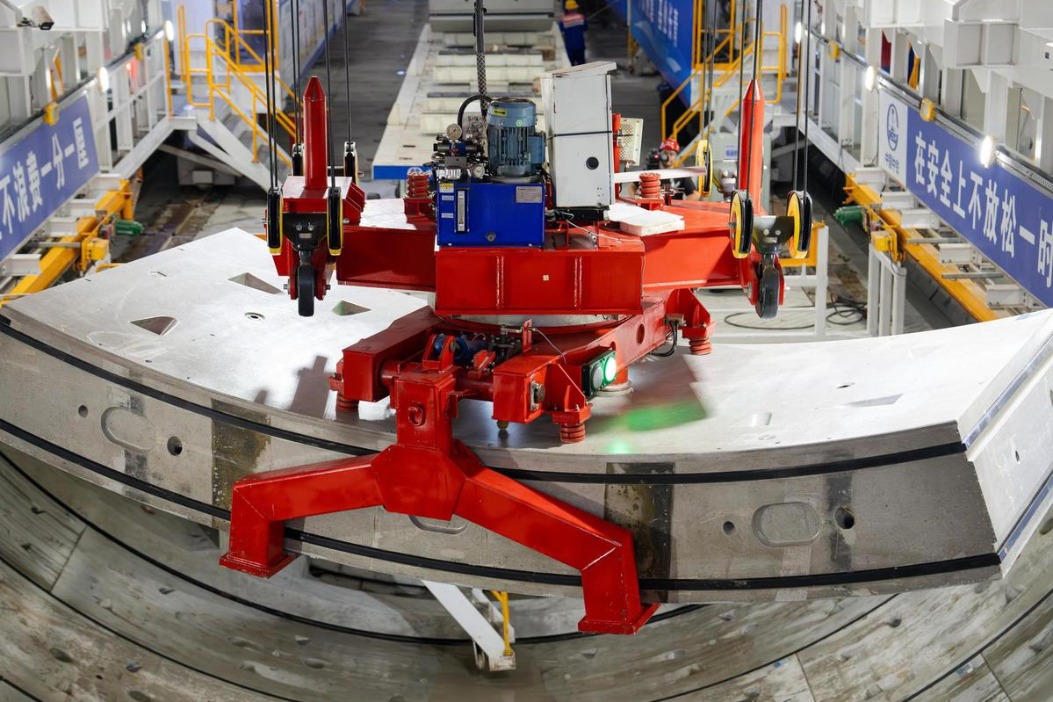Digital Silk Road helping developing countries

The digital Silk Road, as part of the Belt and Road Initiative, has not only brought investment and jobs to the economies involved, but has also empowered them with the ability to embrace the digital age.
China Electronics Technology Group Corp's digital education program in Zambia is one example. In a country with multiple languages spoken, education can be difficult due to communication barriers. But with help from CETC, the problem can be solved through a simple click using its online study system, in which content is translated into eight local languages.
"We provided solutions for digital education in 241 residential areas in three provinces of Zambia, covering all the courses from first to seventh grade in primary schools," said Xiong Qunli, chairman of CETC. "It has significantly improved the quality of Zambia's education, benefiting over 5,000 teachers and more than 270,000 students."
Partnerships with Chinese companies under the BRI framework have benefited a number of countries and regions in terms of local talent cultivation and improved livelihoods.
Abdullah Alswaha, Saudi Arabia's minister of communications and information technology, said companies such as Huawei and ZTE have helped train over 8,000 professionals in information technology every year to fulfill the country's digital transformation vision.
"Now on the digital front, we are definitely teaming up on the digital Silk Road," Alswaha said.
Improving people's livelihoods through technology is another major focus Saudi Arabia has been working on with Chinese partners through artificial intelligence. Alswaha said partnerships with Chinese companies in AI can help redefine the country's healthcare system and significantly lower medical costs.
Digital infrastructure is also key to further economic growth in Africa. Vera Songwe, executive secretary of the United Nations Economic Commission for Africa, said that the continent is home to 1.3 billion with 50 percent being youths, so the service sector is key to Africa's economic growth.
Infrastructure projects have helped the continent better embrace the digital age, and the small country of Djibouti, which now has seven submarine cables connecting it with the rest of the world, is a good demonstration of this, said Songwe.
She said that Africa is still in need of more infrastructure to promote e-commerce-a sector from which Africa is hoping to achieve $2.3 trillion in revenue by 2020-and the continent has a lot to learn from China.
"China has been pushing the digital Silk Road and sharing the benefits brought by digital transformation," said Lin Nianxiu, deputy director of the National Development and Reform Commission. "We have signed cooperation agreements with over 16 countries in the building of the digital Silk Road, and launched the Belt and Road Digital Economy International Cooperation Initiative with seven countries."
Lin said the digital Silk Road has delivered positive outcomes. For example, China has so far built over 30 cross-border land communication cables and over a dozen international submarine communication cables with economies involved.
"We have been exploring cooperation on remote medical services with over 50 countries and developing new applications such as mobile payments with over 40 countries," he added.
?




































